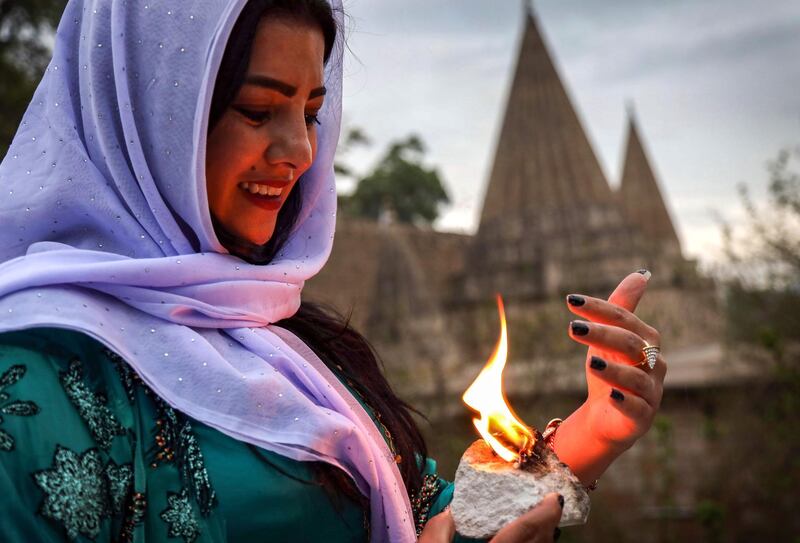Two years after ISIS was defeated in Iraq, the communities that were ravaged by the terrorist group’s brutal rule are still struggling to recover. The Yazidi people chief among them. This ethno-religious group has its own set of beliefs and traditions, rooted in Yazidism, a monotheistic religion that is widely believed to predate all the Abrahamic faiths. The community is mostly present in Iraqi Kurdistan, in the area surrounding Shekhan, north-east of Mosul and in the mountainous region of Sinjar. For thousands of years, this small, but deep-rooted community has called Iraq home.
Yet, they have been persecuted for centuries. The Yazidis speak of having survived 74 genocides, the latest of which took place in 2014, when ISIS seized control of their territories. The terrorist group deemed the Yazidis heretics and launched a brutal assault upon them, raping and enslaving the women, and killing the men.
In three years, the terrorist organisation murdered more than 1,000 Yazidis and kidnapped at least 6,400 people – mostly women and children. More than half of those who disappeared are still missing. Prince Tahseen Said Ali, the Yazidi leader at the time, issued a heart-wrenching plea, imploring world leaders to come to the aid of Yazidis in Iraq. He dedicated the last years of his 75-year reign to shedding light to the plight of his people and making their voices heard. Now, six months after his death, his son Prince Hazeem Tahseen Bek has been named as his successor. One of his most pressing tasks will be to bring together a people that has been scattered around the globe.
The atrocities committed by ISIS have traumatised a whole community, forcing one in five Yazidis to flee the country. Today, only 450,000 of the world's 1.5 million Yazidis remain in Iraq, most of them internally displaced. Sinjar's infrastructure, meanwhile, now lies almost totally destroyed, the area lacking electricity, hospitals and clean water.
But for the Yazidis to truly rebuild, justice must be served. Iraqi authorities have yet to bring all ISIS fighters to trial. A lack of funds, the ongoing war in Syria, as well as a crumbling criminal justice system have all impeded the process. The UN has also been investigating crimes committed by ISIS in Iraq since 2017, but this will take years to complete. It will fall to the new Yazidi leader to pursue this fight, and to make it possible for those who have fled, or were forcibly taken, to return to their homes. We can only hope that Mr Tahseen’s long-awaited nomination will allow this community, which has suffered so greatly, to finally live in peace.





